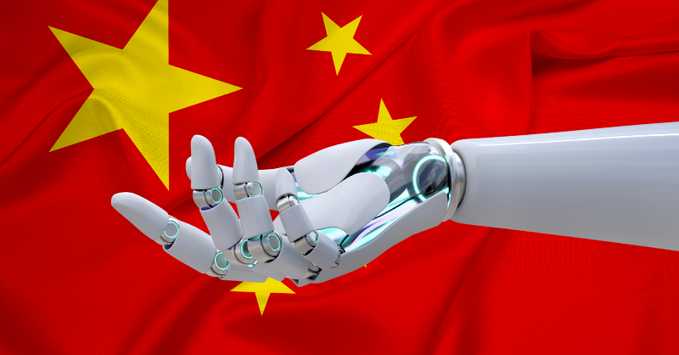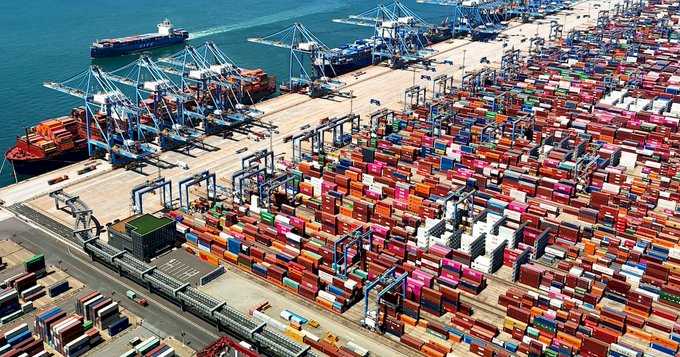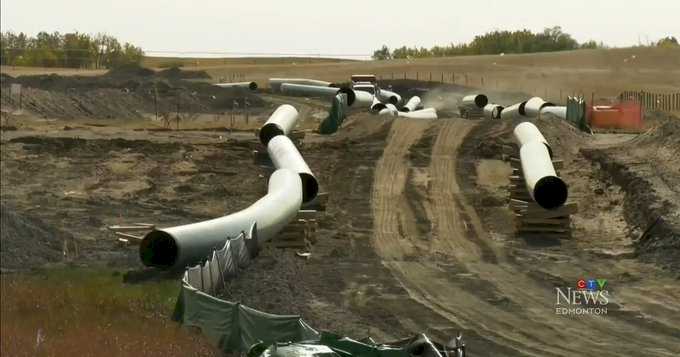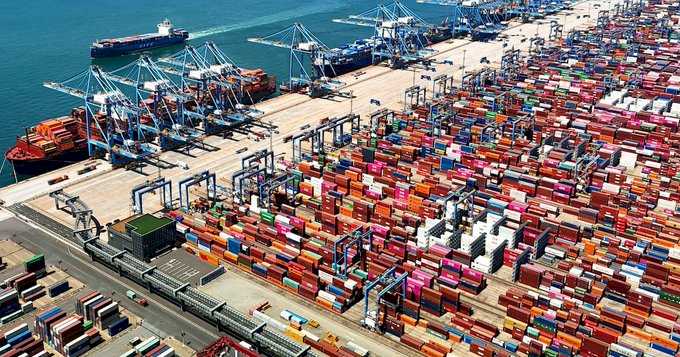China’s latest move surprised the world. #Chinese government pours $20 billion into a revolutionary AI model — opening the door for everyone to join the next era of artificial intelligence.
The world of technology and finance is being shaken up — China have just revealed a groundbreaking $20 billion partnership with the revolutionary platform Britannia AI. This powerful collaboration is designed to bring the profit-making potential of artificial intelligence directly into the hands of everyday people.
For years, only big investors and institutions had access to high-end AI trading tools. Now, thanks to this historic alliance, anyone can join the next wave of financial innovation — and let AI do the hard work of analyzing, predicting, and growing capital automatically.
How Britannia AI Transforms Investing
Built on Nvidia’s latest GPU architecture and powered by OpenAI’s advanced machine learning algorithms, Britannia AI is designed to think, learn, and react faster than any human trader could. The platform scans thousands of market data points every second, detecting profit opportunities before others even notice them.
All you have to do is register, set your preferred strategy, and let the system do the rest. Britannia AI automatically executes trades, manages your portfolio, and adapts to market changes in real time. The process is 100% automated — no prior experience or financial background required.
What Early Users Are Seeing
Unlike “get-rich-quick” schemes, Britannia AI is built for long-term smart growth. But that hasn’t stopped early adopters from seeing remarkable short-term gains.
Test users who started with as little as $250 have reported multiplying their investments within hours. Some achieved returns between 200–400% during high-volatility trading periods — all without manual input or risky decision-making.
“I just wanted to test it with a small amount — within a few hours, my balance had tripled. It’s amazing how the AI handles everything automatically. It feels like having a professional trader working for me 24/7.” – Early Beta User









Trade news on Umojja.com